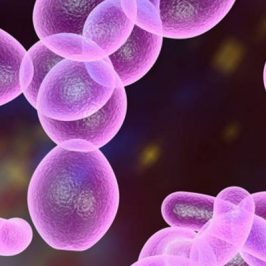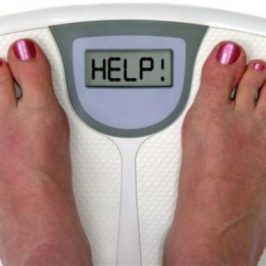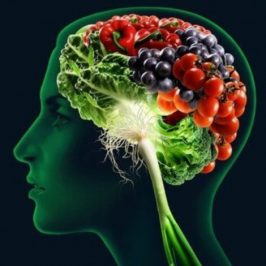Every one of us has been through some form of trauma in our lives. Trauma can be experienced in many different ways and can be mild or severe. It can be obvious as in the death of a loved one, a car accident, moving countries, or more subtle in the form of short term or chronic emotional stress at work or at home. While it is understandable that you make memories of these events in your brain a new study from UCLA (and others) reveals that your gut microbiome is also affected by each traumatic event. The fascinating finding is that even after the traumatic event is over the detrimental changes in the gut remain and do not revert back to normal.
Now that we know the intimate connection between the gut and the brain via the vagus nerve and understand that the gut affects the production of happy and calming brain neurotransmitters and body stress hormones the finding that people with past trauma have distinctly different gut microbiomes to those without trauma is crucial to our understanding of how to create a management strategy help more effectively heal these trauma related conditions both physically and mentally.
As we now know that the gut microbiome basically controls your whole body’s health and well being this effect of trauma on the microbiome is critical to address. People who have had trauma early in life have been shown to have more digestive disturbances and a less efficiently functioning immune system. Trauma seems to reduce the variety of organisms in the gut, which we call microbial diversity and encourages the growth of pathogenic or less desirable bacteria.
The trauma-induced changes in the gut can also have a long term impact on the development and functioning of the brain. Studies have shown that people with altered microbiomes also had differences in the areas of the brain that control sensory and emotional processing compared to control groups.
The healing of trauma is a very individual process and can take a team of different medical therapists to assist with this. It may also require the use of medication. Helping to support the brain’s level and production of neurotransmitters through the use of medication and improving the health of the gut microbiome are important aspects to address. Gut bacterial diversity is the key and the greater the variety of probiotics as well as the actual number of healthy bacteria is crucial to improving gut health. The addition of fermented foods in the diet can greatly assist with this such as; sauerkraut, kefir and fermented probiotics foods such as fermented papaya and fermented turmeric can be useful as well as incorporating probiotic lab produced supplements ensuring they have high numbers with variable species or the specific strains that you are personally lacking in your gut. There are good labs in Australia that can analyse your own individual organism species in your bowel. These tests can be arranged by a doctor or naturopath.
Trauma must also be managed with the help of highly trained medical therapists such as psychiatrists and psychologists with a special understanding of trauma. Its treatment may require medication such as antidepressants and anxiolytics but healthy lifestyle habits are also crucial such as incorporating exercise, getting outdoors frequently, meditation, reducing electronic screen time and having a healthy diet with a variety of good quality vegetables, fruit, healthy fats and lean protein greatly improves outcomes. Importantly a diet low in processed foods and refined sugars is crucial as these foods can have a severely negative impact on mood.
In my experience every single one of us has been through some kind of trauma in our life. This can have a mild or greater impact on us depending on the type of trauma we experienced and how much support we felt we received at the time. It is an exciting time to be in medicine with so much new research in this area and a much greater understanding of its effect on us to now be able to more effectively assist people in their recovery both physically and emotionally so I urge those who are silently suffering with the ongoing effects of trauma to please seek medical help.










